Become the elite coaching staff your team needs
Most coaches aren’t trained to lead, manage conflict, or earn player buy-in.
I turn those challenges into systems that deliver consistent results under pressure.
Teams and staff I’ve coached have competed in these major leagues and tournaments:
The hidden challenges of coaching staffs
Behind every team, there’s a staff battling issues that rarely make it to the spotlight.
These aren’t signs of weak coaches; they’re the universal struggles of high-performance environments. And they can be solved.
Strategic coaches promoted to Head Coach without leadership training.
Players who resist buy-in, leaving potential unrealized.
Stagnant growth, where players train hard but the team doesn’t evolve.
Conflict that lingers under the surface until it explodes.
Strong scrim performance that doesn’t translate to stage when it matters most.
Staff who operate in silos rather than in alignment.
My coaching philosophy for elite esports staffs
Talent sparks potential, but systems, standards, environments, and player buy-in turn it into lasting success.
I focus on teaching coaches and performance staff how to lead with clarity, embrace conflict as a tool for growth, and hold themselves to the same standards they demand from players. Accountability starts at the top, and excellence is only sustainable when it’s lived by example.
At the core of my approach is a balance between structured systems and adaptability. Systems create alignment and consistency, but they must remain flexible to evolve with the team and the game.
Individualized development is key—no two players learn or grow in the same way. By tailoring methods to each individual and co-creating a shared team identity, I help organizations build teams that are not only aligned but also resilient under pressure.
Six pillars for high-performing staffs
-
Co-create systems and expectations with players and staff.
Normalize uncomfortable honesty to prevent frustration and accelerate growth.
Use transparency to drive buy-in, even if it means surfacing conflict
-
Lead by example. Coaches must live the standards they demand.
Hold staff and players accountable to excellence and consistency.
Dedicate fully to the process, but cut wasted effort. Results are the ultimate measure of progress.
-
Encourage controlled conflict to surface the most important issues quickly.
Leverage debate and friction to prevent misalignment between staff and players.
Keep conflict productive and never personal or toxic.
-
Build repeatable systems that align people, minimize friction, and make successful practices stick.
Keep systems flexible. Rigid structures cap growth.
Reduce reliance on individuals by creating processes that make performance less fragile.
Balance structure with freedom: enough clarity to guide, enough adaptability to innovate.
-
Treat players fairly, not equally. Adapt expectations and support to their individual needs.
Tailor teaching to different learning styles (cognitive vs. experiential).
Quality execution matters more than theoretical depth. Progress is made when strategies are successfully and repeatedly applied in practice.
Be willing to be wrong if it moves the team forward faster.
-
Identity must be co-created with players to maximize buy-in.
Individual identities shape the collective; both must be respected.
Embrace “strong ideas, lightly held”. Have conviction with the humility to adapt.
A strong identity gives direction, cohesion, and resilience under pressure.

Are you building or leading an esports staff? Let’s talk
Whether you’re structuring a new team or guiding an experienced staff through tough challenges, having the right support makes the difference.
I work with coaches and performance staff to build performance systems, turn conflict into growth, strengthen leadership, and ensure they stay resilient under pressure.
Let’s talk about how to make them thrive.












